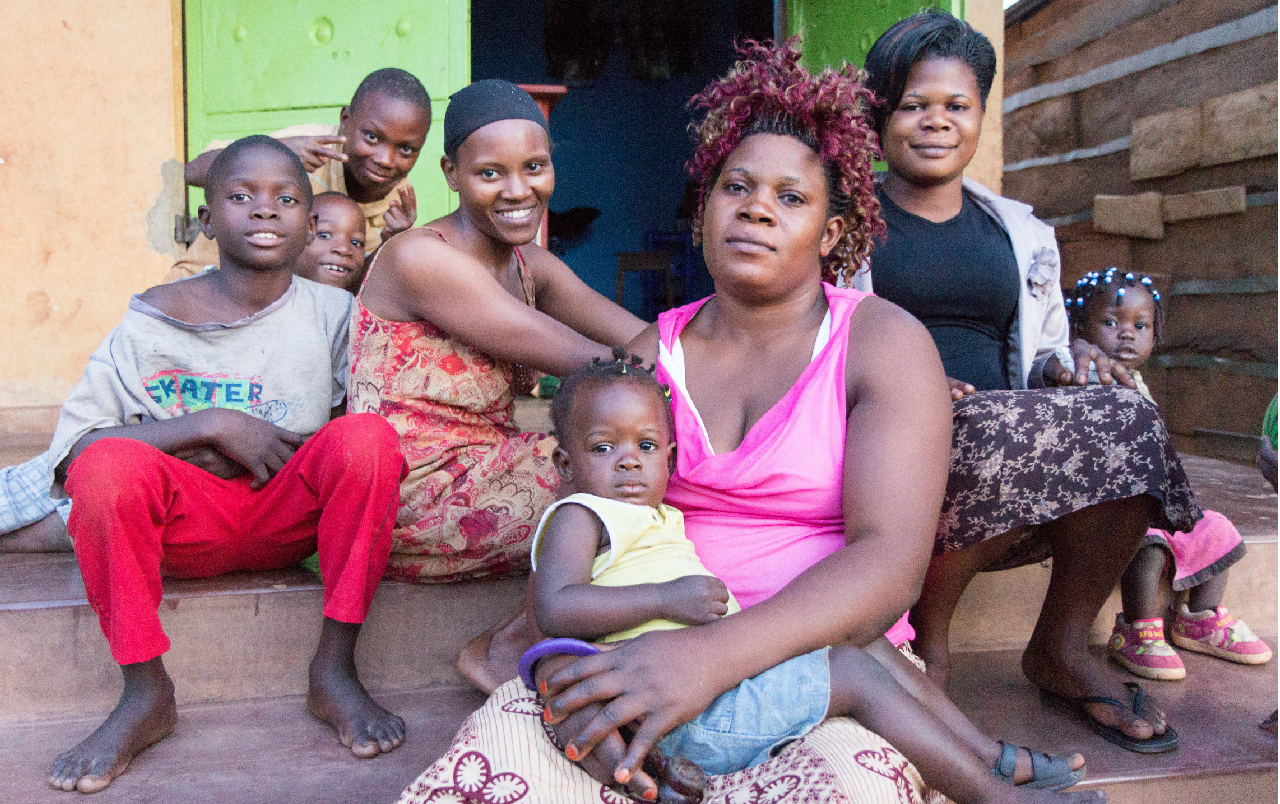The responses to the COVID-19 pandemic have had severe human, economic and social consequences on peace and security around the world, and Uganda is no exception. Despite the predicted vulnerability of sub-Saharan Africa, the health impact of COVID-19 in Uganda was relatively limited. However, the long-term effects on its civil liberties are worrisome.
Shrinking of Political Space and Corruption
To stop the COVID-19-contagion, Uganda took unprecedented measures, both with negative and positive effects. On March 31, 2020, the Ministry of Finance, Planning, and Economic Development requested an additional US$ 75 million from Parliament to finance response activities across health, security, local government, and disaster and preparedness sectors. All the 134 districts each received US$ 44,385 to provide fuel for cars, set up isolation centres, fund surveillance teams, ensure coordination and operating expenses. The President also established a National Response Fund for COVID-19 to collect private contributions.
However, it was also observed that COVID-19 was mainly weaponized against opposition political parties. In Uganda, the pandemic struck when the country was preparing to hold general elections (January to March 2021). The crisis has had serious consequences for the electoral processes, including banning open rally campaigns with large crowds. The lockdown and social distancing rules restricted candidates’ engagement with citizens. It affected the fortunes of many candidates in the election.
In addition, the urgency of the mitigation measures created more opportunities for corruption. In December 2020, Uganda registered cases of poor utilization of COVID-19 funds. They had been marred with gross irregularities, poor planning, dubious contract signings and corruption scandals. Furthermore, in a study conducted by ACODE on District Task Forces (DTF) performance in Uganda, findings showed a failure to provide accountability. There were irregularities in identifying beneficiaries of food items and masks.
Uganda is not alone in this situation. According to the Armed Conflict Location and Event Dataset, state oppression has increased globally by approximately 30% during the pandemic. Armed violence against civilians by state actors is witnessing a worrying increase, and some countries postponed national or local elections.
Sectors affected by pandemic responses
Human Rights
Using COVID-19 responses as a pretext, specific actions undermined human rights and threatened democratic institutions in Uganda. These actions include applying curfews, restrictions on public gatherings, especially for opposition actors, excessive force and unjustified arrests in imposing COVID-19 measures. During the lockdown, there was an increase in domestic violence and sexual abuse against women and girls. It was also difficult for persons with disabilities to access food.
Gendered impact
Women play a crucial role as care providers, and large numbers of front-line health workers are female. With confinement measures, such as lockdowns, women and girls are increasingly exposed to Gender-Based Violence (GBV). The planning and implementation of lockdown guidelines did not offer possibilities that support the specific differentiated gender needs, especially of the most marginalized in the country. Women are the leading group in the informal sector. The lockdowns disrupted their income sources. Thus, the pandemic has worsened intersecting gender inequalities and escalating social injustices.
Food Security
COVID-19 turned pre-existing nutrition crises – driven by poverty, conflict and natural disasters– into nutrition disasters. Strategies to reduce COVID-19 transmission upset the production, transport and access to fresh and affordable food, decreasing incomes. In Uganda, mainly urban areas, the Karamoja sub-region and refugee-hosting communities experienced food insecurity. An estimated 23 per cent of the analyzed population was in crisis. The government responded by distributing food to families considered to be on the edge to contain the situation. Such conditions of food insecurity further aggravated vulnerability and grievance, thus creating conditions that can quickly spark conflict.
How to reverse the negative effect
Regardless of the government’s interventions to support people’s livelihoods, savings, jobs, and families, the pandemic still reinforces grievance. It exacerbates corruption, limiting space for political actors, disrupting relations between national and local governments and transforming the role of non-state actors. These grievances threaten to deepen inequalities by widening the gap between the rich and the poor. However, we can reverse this trajectory if appropriate measures are undertaken. For instance;
- National and sub-national governments should embed peacebuilding approaches into technical service delivery and other socio-economic responses to COVID-19. These approaches should acknowledge the gendered implications of COVID-19. It is necessary to put in place gender-responsive prevention and response plans to mitigate potential broader conflict further.
- Further, there is a need to instil resilience approaches. These can adequately account for positive local capacities, skills, and attributes that enable those communities to not just ‘bounce back’ but ‘build back better’ as rapidly as possible. It requires investment in upstream conflict prevention that addresses underlying vulnerabilities, particularly inequality and youth unemployment and governance deficits.
- Finally, to strengthen social contract in many countries, there is a need to transform conflict dynamics and patterns of structural violence in communities. The national and sub-national governments should thus bring peace-inclusive responsive approaches into their work. It would mitigate risks and build more sustainable peace.
Conclusively, response to COVID-19 requires a multi-pronged approach to minimize its impact on peace and security. All stakeholders (international, national and sub-national) ought to invest in building and supporting infrastructures for peace and seek to construct other relevant partnerships.
Text editor: Gabriela Keseberg Dávalos


